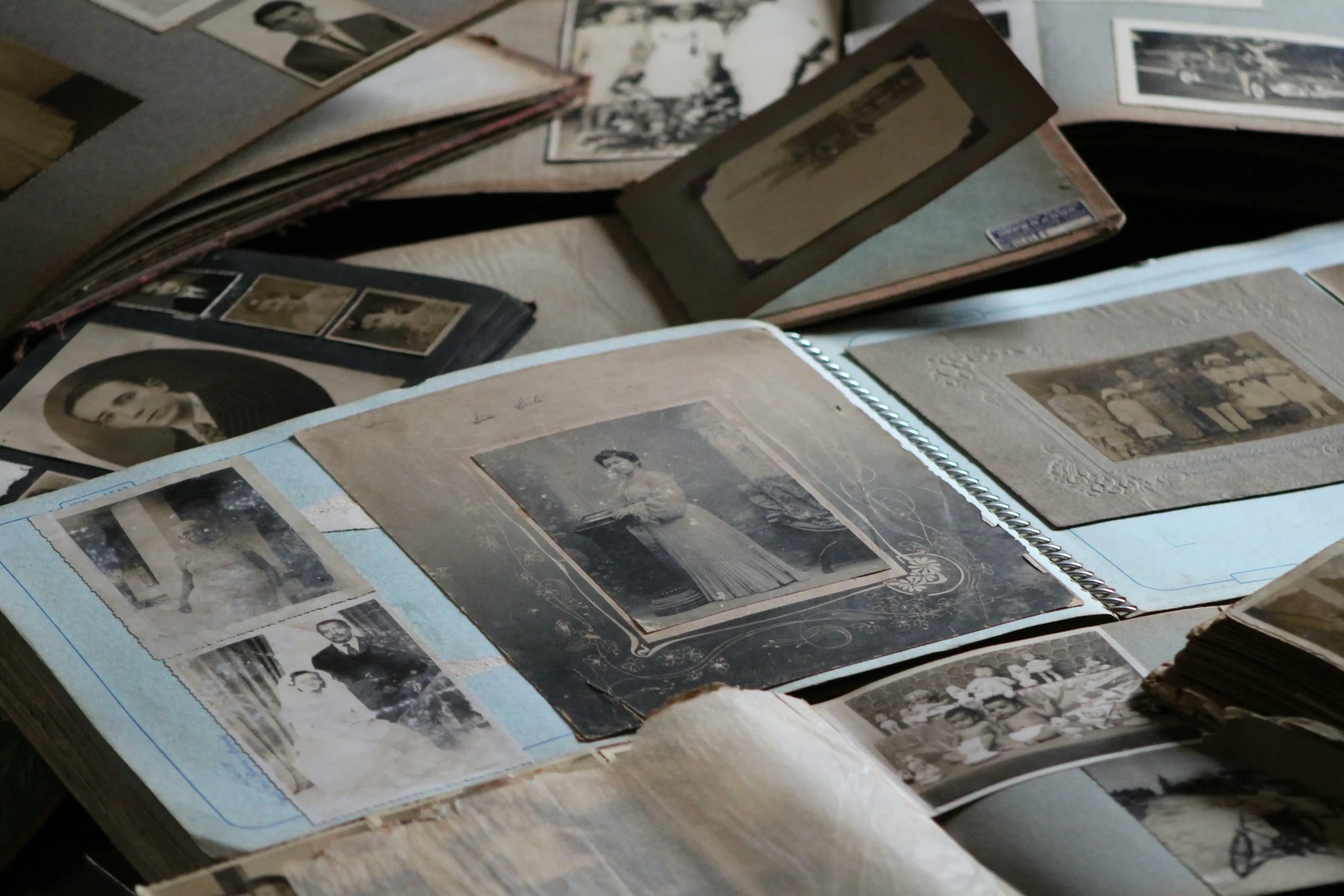Have you ever wondered where you come from? What makes you you? For many, the answers to these questions are rooted deep in their family history. Genealogy, the study of family ancestries, holds a unique power when it comes to crafting your life story. By tracing your roots, you don’t just learn about names, dates, and places; you uncover a rich narrative that shapes who you are today.
Why Genealogy Matters in Life Storytelling
Genealogy is more than just an academic pursuit or a hobby, it’s a way of connecting with the past and finding meaning in your life’s journey. The stories of your ancestors, their struggles, triumphs, and everyday experiences, often mirror your own. By understanding where you come from, you gain deeper insight into the choices you make and the legacy you want to leave behind.
When writing your life story, the process of unearthing these ancestral tales adds a layer of depth and richness. It allows you to explore questions like:
• What challenges did my ancestors overcome?
• How have family traditions and values influenced my own life?
• What personal traits or qualities have been passed down through generations?
Genealogy helps you see the larger picture. You’re not just telling your story in isolation, but as part of a long continuum. That sense of connection can make the writing process more powerful and meaningful.
Finding Stories Within the Records
Genealogy research often starts with basic records: birth certificates, marriage licenses, census data, and family trees. But the most interesting stories are often hidden in the details. Have you ever looked at an old photograph and wondered about the people in it? Or discovered a letter tucked away in a box, filled with memories of another time?
When you start digging into your roots, you may come across untold stories that reveal a whole new layer of your family’s history. Perhaps you’ll discover that an ancestor was involved in a significant historical event or made an unexpected career change that parallels your own life choices. Maybe you’ll find love letters or diaries that give an insight into the challenges they faced and the dreams they held dear.
Every record, every photograph, and every anecdote adds texture and nuance to your own story. You’ll begin to recognize the patterns and connections that span generations, and these connections can help you understand your personal narrative in a new light.
Incorporating Genealogy into Your Life Story
So how can you weave genealogy into your own storytelling? Start by dedicating time to exploring your family history and collecting as much information as you can. Consider the following tips:
1. Create a Family Tree: Build a visual representation of your family’s lineage. This can be a simple tree or a more detailed chart, depending on how far you’re willing to dig. The process of creating this chart is a terrific way to start connecting the dots.
2. Interview Relatives: Talk to older family members and ask about their memories. They can share stories that haven’t been written down anywhere and help you flesh out details that might otherwise be lost to time.
3. Journal Your Findings: As you uncover further details about your family, write them down in your journal. Reflect on what these stories mean to you and how they’ve shaped your life. Is there a recurring theme in your family’s journey? Resilience, creativity, or love?
4. Incorporate Ancestral Stories into Your Narrative: As you write your life story, think about how your family history fits into the larger picture. What life lessons or insights have you gained from your ancestors’ experiences? How have they influenced your decisions or worldview?
5. Preserve Your Family’s Legacy: Don’t forget to pass on your findings to future generations. Create a written or digital family history that can be shared and treasured by your children, grandchildren, or distant cousins. In doing so, you’ll be contributing to the ongoing tapestry of your family’s story.
The Power of Connection
Genealogy helps you connect not just with the past, but with the present and future. As you explore your roots, you’ll start to see that your family’s story reflects the broader human experience. We are all shaped by our ancestors, and yet, we also have the power to shape the stories that will be told for generations to come.
So, the next time you sit down to write your life story, take a moment to reflect on where you came from. Dig into your roots and let the powerful stories of your ancestors guide you as you write your own legacy. By doing so, you’ll not only preserve your own memories but also honor the generations that paved the way for you.
Genealogy isn’t just about names—it’s about the heart and soul of your family. And that’s a story worth telling.
“Like a raven tracing the wind’s path, our family history guides us through time’s unseen currents.”


